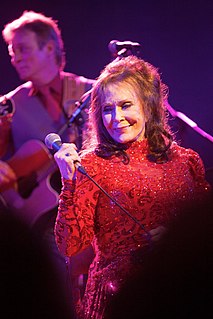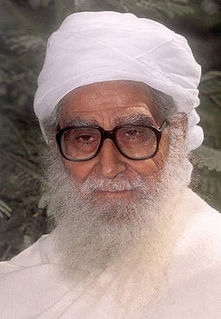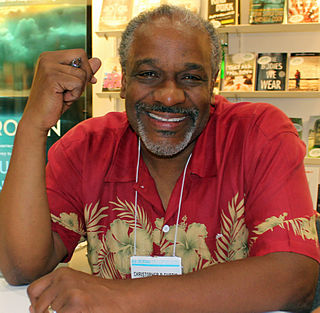A Quote by Ralph Waldo Emerson
I read the other day some verses written by an eminent painter which were original and not conventional.
Related Quotes
I read the other day some verses written by an eminent painter which were original and not conventional. The soul always hears an admonition in such lines, let the subject be what it may. The sentiment they instil is of more value than any thought they may contain. To believe your own thought, to believe that what is true for you in your private heart is true for all men, - that is genius.
The night in prison was novel and interesting enough.... I found that even here there was a history and a gossip which never circulated beyond the walls of the jail. Probably this is the only house in the town where verses are composed, which are afterward printed in a circular form, but not published. I was shown quite a long list of verses which were composed by some young men who had been detected in an attempt to escape, who avenged themselves by singing them.
The Voice did not consider itself a conventional magazine. It took me awhile to realize that it was named The Voice for a reason. They wanted voices. At the time, good magazine stories were still believed to be written in the third person based on the false belief they were more objective. Of course some conventional stories require third person, but in the really interesting stories - the ones I got do to at The Voice and Esquire - were about subjectivity, subjectivities.
You know, there's an economy in lyric-writing that doesn't afford you, or at least me - I usually start off with nine or 10 verses and then boil it down to two or three that are half the length of the original verses. I think for me it's about what you leave out [rather] than what you put in. I'm not sure that the songs help me figure anything out so much as they're a distillation of the original question.
To read well, that is, to read true books in a true spirit, is a noble exercise, and one that will tax the reader more than any exercise which the customs of the day esteem. It requires a training such as the athletes underwent, the steady intention almost of the whole life to this object. Books must be read as deliberately and reservedly as they were written.
For almost every novel I've written, I've read the daily newspaper of the time almost as if it were my current subscription. For 'Two Moons,' which was set in 1877, I think I read just about every day of the 'Washington Evening Star' for that year. For 'Henry and Clara,' I read the 'Albany Evening Journal' of the time.
In fact, many of the quotes in my books are quotes which were translated from English and that I read already translated into Spanish. I'm not really concerned with what the original version in English was, because the important thing for me is that I received them already translated, and they've influenced my original worldview as translations, not as original quotations.
This, therefore, is a law not found in books, but written on the fleshly tablets of the heart, which we have not learned from man, received or read, but which we have caught up from Nature herself, sucked in and imbibed; the knowledge of which we were not taught, but for which we were made; we received it not by education, but by intuition.
There are certain verses in the Quran which convey injunctions similar to the following: 'Kill them wherever you find them.' (2:191) Referring to such verses, there are some who attempt to give the impression that Islam is a religion of war and violence. This is total untrue. Such verses relate in a restricted sense, to those who have unilaterally attacked the Muslims. The above verse does not convey the general command of Islam. (pp. 42-43)
I opposed the Fatwa against Salman Rushdie. I read the book and took a critical distance. I did not think The Satanic Verses is a blasphemous book. I did not consider the book as being a great read, but as an intellectual I read, I assess, and I respond. I make a difference between true freedom of expression to which we owe a response and provocation, which we ignore.
I try to make the writing as regular and regimented as possible. I usually get up at around 5 a.m. and read what I wrote the day before. Some of the time, after I read, I think the writing's very good and some of the time I feel embarrassed by what I've written. You have to learn not to pay too much attention to these feelings.








































